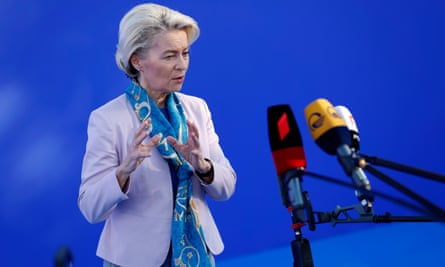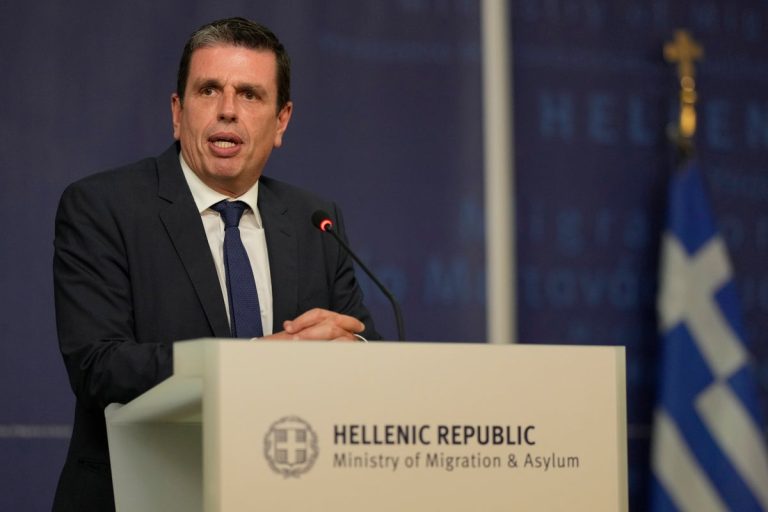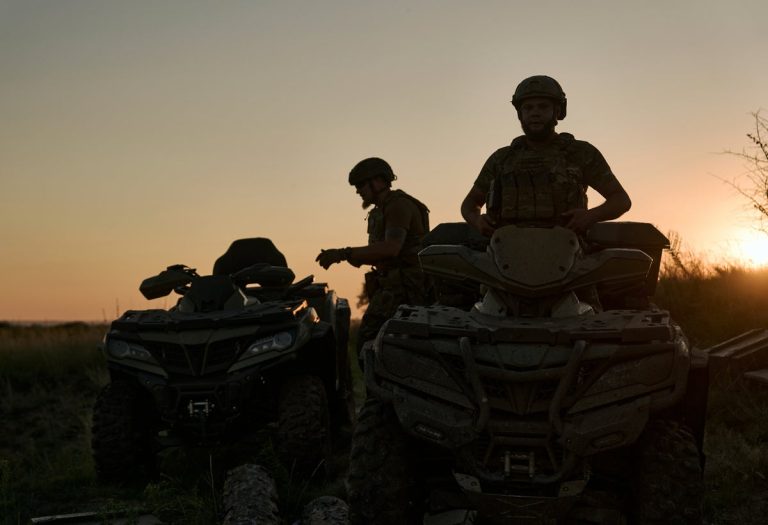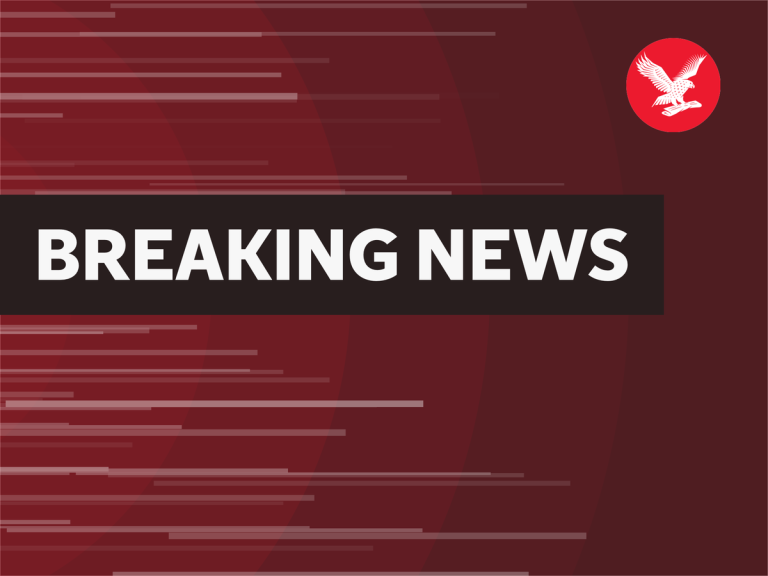EU leaders clash with Hungary over proposed laws on migration | Hungary

EU leaders have clashed again with Hungary after the country’s prime minister, Viktor Orbán, insisted at a summit in Granada that it would not support proposed laws to deal with migration.
Poland also joined the protest, accusing Brussels of imposing a “diktat” on other member states regarding the proposed laws that would apply in the event of a sudden refugee crisis such as that of 2015, when more than 1 million people arrived in the EU from Syria and beyond.
Using provocative language on his way into the conference, Orbán described a deal without Hungary as an assault on his country because EU leaders had gone ahead with the laws without his or Poland’s support. He claimed that the laws – which have yet to be voted on – needed unanimous backing, but the European Council has publicly insisted only majority support was needed.
“If you are raped legally, forced to accept something you don’t like, how would you like to have a compromise and agreement? It’s impossible,” said Orbán.
To avert a full-blown row threatening to overshadow the informal gathering in Spain, EU leaders agreed to remove a 119-word paragraph relating to the bloc’s general pledges on migration from the text of a final communique concluding their summit.
Instead they adopted a “Granada declaration” on other issues including the overall strategy for the bloc in coming years, with the president of the European Council, Charles Michel, issuing a separate “president’s statement” reaffirming the EU’s commitment to the proposed laws on migration.
Ursula von der Leyen, the European Commission’s president, said there was ‘broad support’ for the proposed laws on migration. Photograph: Fermin Rodriguez/AP
The European Commission president, Ursula von der Leyen, played down the Hungarian and Polish objections telling reporters there was “broad support” at the summit for the proposed laws.
“There is a very good chance that it [the law on migration] will make it over the finish line,” she said. “The principle is there to address the root causes for migration and then to work along the whole migratory route that people take.”
“The basic message is yes, we need regular migration … we will not want people to risk their lives and lose a fortune to the smugglers and traffickers, but … to choose the safe pathways,” she added at a press conference.
Migration will return to the agenda in two weeks’ time when the 27 leaders meet again in a formal capacity with decisions to take. But by then, tensions with Poland may have eased, with this weekend’s general election in the rear-view mirror.
The row with Hungary and Poland was a carbon copy of a previous episode in June when the two countries also tried to block draft migration laws on asylum rules and relocation of refugees across the bloc.
The 27 leaders had met to discuss the broader strategy for the European Union as well as the bloc’s enlargement, but did not make any headway in starting the process of reforms needed to accommodate up to 10 new countries including Ukraine and Moldova.
skip past newsletter promotion
Sign up to Headlines Europe
A digest of the morning’s main headlines from the Europe edition emailed direct to you every week day
„,”newsletterId”:”headlines-europe”,”successDescription”:”A digest of the morning’s main headlines from the Europe edition emailed direct to you every week day”}” config=”{„renderingTarget”:”Web”}”>Privacy Notice: Newsletters may contain info about charities, online ads, and content funded by outside parties. For more information see our Privacy Policy. We use Google reCaptcha to protect our website and the Google Privacy Policy and Terms of Service apply.
after newsletter promotion
One diplomat said it was an exercise in creating “an inventory of questions that need to be asked”.
Ahead of the EU are big decisions on a potential €250bn increase in budget to include funding of less developed countries and discussions of whether a bloc of more than 30 countries can actually function with unanimous voting on subjects such as foreign policy and taxation.
Arriving at the summit, the German chancellor, Olaf Scholz, drew the first battlelines of the fraught arguments to come, also touching on the question of the most powerful jobs in Brussels and suggesting that in the new world, countries cannot expect to have their own commissioner.
“After all, you can’t just almost always expand the government and invent new ministries,” he said.
He added that “a pragmatic solution” would also need to be found over the number of seats in the European parliament – a debate that may prove to be the most contentious, given it could involve a reduction in numbers for some countries.
“I am happy that we are discussing this early on, because it is quite obvious that many questions cannot easily be brought to a joint conclusion. That’s not too bad. We are all adults, so you also have to be able to discuss and resolve problems. But that needs to be discussed now,” said Scholz.






